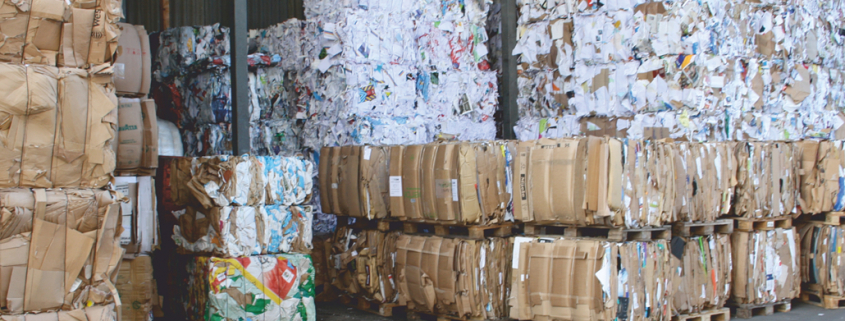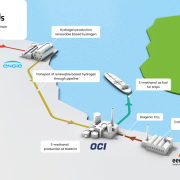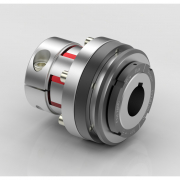European Paper Recycling Award for German Research Project EnEWA
In the EnEWA research project, universities and industrial partners are developing a solution to recycle waste paper from lightweight packaging, residual waste and commercial waste.
The project has now received the highest award of the European Paper Recycling Council (EPRC) in Brussels in the category “Innovative Technologies and Research & Development”; the European Paper Recycling Award recognizes projects, initiatives and campaigns that contribute to European sustainability through activities supporting paper recycling.
In this project, funded by the German Federal Ministry of Economics and Climate Protection, the Institute for Anthropogenic Material Cycles at RWTH Aachen University collaborates with the University of Siegen and several industrial partners. The starting point for the research was the fact that “it has been possible to reduce energy consumption in paper production through technical optimization of plants and through significantly lower energy requirements in the reprocessing of recovered paper,” the RWTH Aachen University pointed out. “Therefore, the use of recovered paper is an important basis for paper production. Nevertheless, around 20 percent of the paper produced is currently not returned to the recycling circuit and is instead mainly incinerated to generate energy.”
To recycle this paper, the EnEWA research project – “Energy savings in paper production by opening up the value chains of recovered paper from light packaging (LVP), residual waste and commercial waste” – is developing a complex treatment process from dry-mechanical sorting, shredding and hygienization to use in paper production. “Thus, waste paper from light packaging, residual waste and commercial waste is also to be integrated into the sustainable circular economy. This could potentially save over 300,000 tons of CO2 per year in Germany.”
Initial analyses within the research project would show that 50 percent of the paper from the mixed waste streams investigated to date could also have been disposed of via separate waste paper collection, thus offering the potential for more resource-efficient handling. “The generated results will be used in the development of a sorting process for papers from mixed waste collections in order to be able to sort out the recyclable paper for reprocessing,” the university gave account. In further steps, the knowledge generated would be incorporated into the future development of the minimum standard for packaging recycling.
(Published in GLOBAL RECYCLING Magazine 3/2022, Page 34, Photo: O. Kürth)






